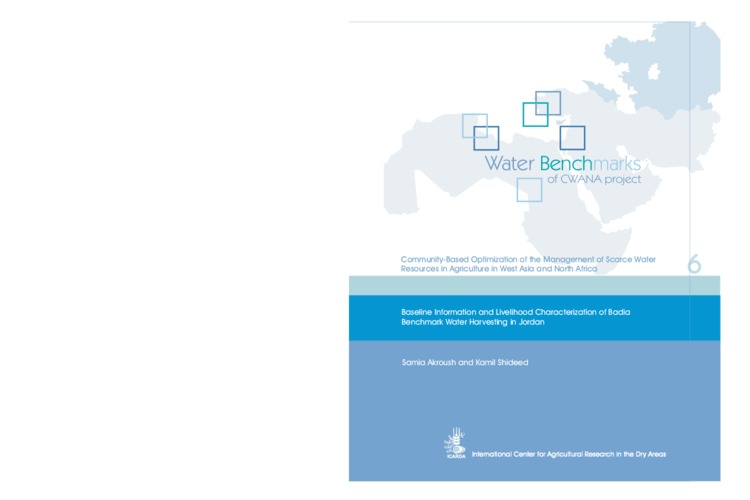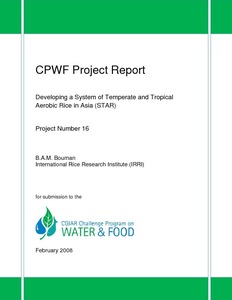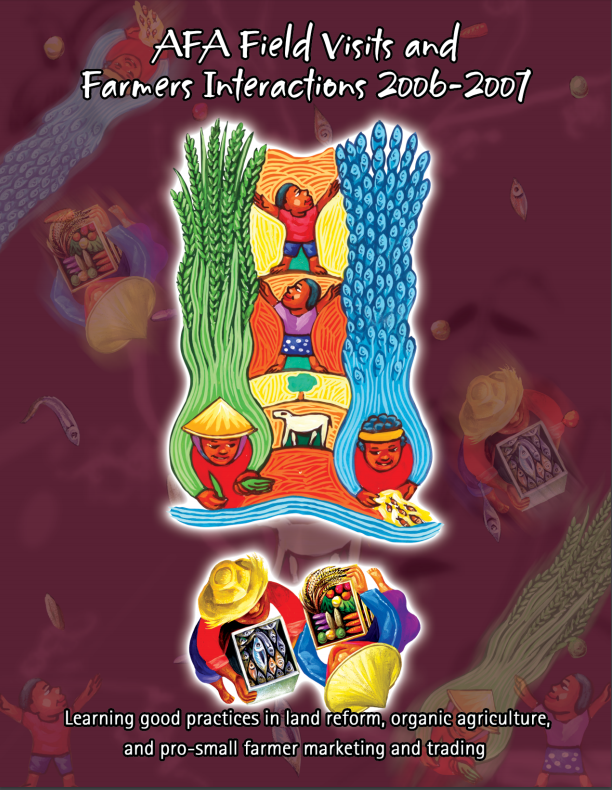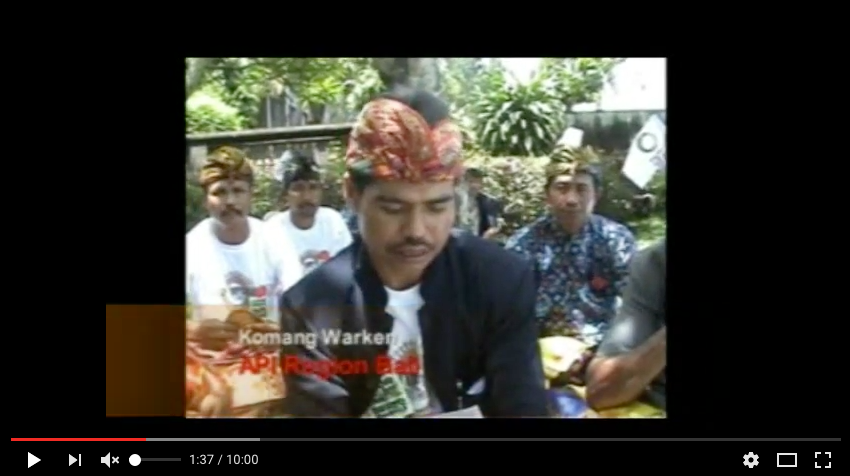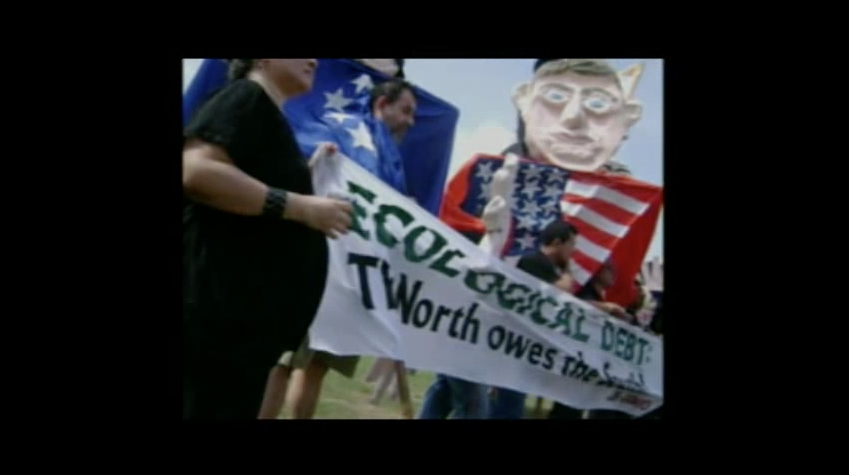Khoe Kay: Biodiversity in Peril
Executive Summary:
"A team of Karen researchers from the Karen Environmental and Social Action
Network has undertaken this study to begin documentation of the rich
biodiversity of Khoe Kay, a bend in the Salween River that is part of their
homeland. They also want to document and expose the severe threats faced by this
stretch of the Salween, both from large dams and ongoing militarization.



